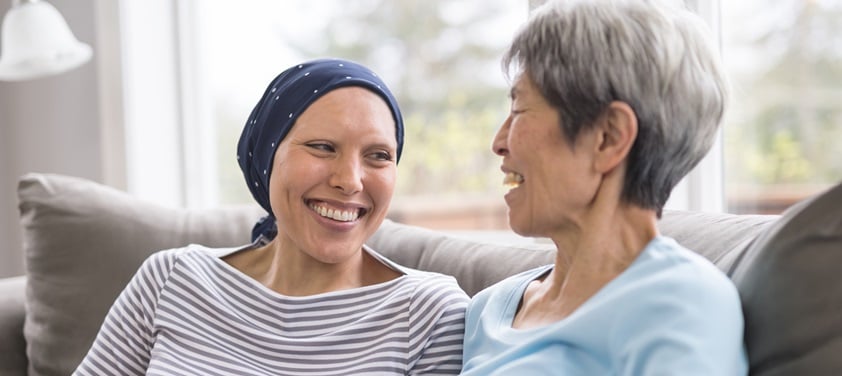
Cancer Clinical Trials & Investigational Treatments Center
The UCSF Cancer Clinical Trials and Investigational Treatments Center offers patients with advanced cancer the opportunity to participate in the trials testing new, cutting-edge treatments for the first time in humans. These studies are known as early phase, or phase I, clinical trials. Our center is open to patients with solid tumor cancers, including breast, pancreatic, colorectal, prostate, lung and gynecologic cancers.
Our program brings together leading physician-scientists and other researchers who are at work on more effective, less toxic cancer treatments. These may be new medications; novel treatment combinations; or innovative approaches, such as targeted therapies that attack the tumor without damaging healthy cells. Patients who volunteer for these clinical trials may be the first to benefit from a pioneering therapy.
Our program is part of the UCSF Helen Diller Family Comprehensive Cancer Center, which the National Cancer Institute has designated a comprehensive cancer center since 1999. This designation recognizes centers committed to both pursuing needed research and providing full services to patients with cancer. As such a center, we have numerous early phase clinical trials that are recruiting patients with advanced cancers.
While our center is currently limited to early phase trials, UCSF has a robust clinical trials program that includes later phase studies in most types of cancer. To learn about available trials, please call (877) 827-3222, email [email protected] or search our database of clinical cancer trials at UCSF.
Learn more about clinical trials and how they work.
Our locations
Our team
Clinical trials
UCSF Biobank for Hereditary Cancers and Tumor-Associated Mutations
Participant-derived models may include (but are not limited to) xenografts (PDX), organoids (PDO), and cell lines (PDCLs). These models recapitulate the biology and tissue context of the original tumors from which they are derived...
Recruiting
Pembrolizumab Plus 177Lu-PSMA-617 in Patients With Castration Resistant Prostate Cancer
rPFS is defined as the amount of time from the initiation of study therapy and the day of first documented radiographic disease progression per RECIST version 1.1 and PCWG3 criteria. The proportion of patients without radiographic...
Recruiting
177Lu-PSMA-617 With Liver Directed Therapy in Metastatic Castration Resistant Prostate Cancer
Treatment emergent adverse events will be classified according to the NCI Common Terminology Criteria for Adverse Events (CTCAE) v5.0. Adverse events and clinically significant laboratory abnormalities (meeting Grade 3, 4, or 5 cr...
Recruiting
Intratumoral Vusolimogene Oderparepvec (VO) in Combination With Pembrolizumab for Angiosarcoma
Safety and tolerability will be reported as the percentage of the first 6 participants (the safety-lead in participants) who received at least one dose of study treatment with any reported treatment-emergent adverse events (TEAEs)...
Recruiting
A Study of Pazopanib With or Without Abexinostat in Patients With Locally Advanced or Metastati...
To compare the PFS between treatment arms. PFS is defined as the time (month) interval between date of randomization and date of radiographic disease progression or death for those without prior evidence of progression, as assesse...
Recruiting
Awards & recognition
-
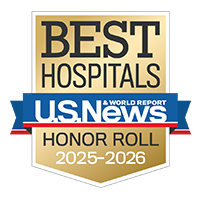
Among the top hospitals in the nation
-
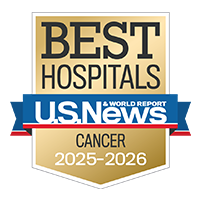
Best in California and No. 7 in the nation for cancer care
Accreditations & memberships
-
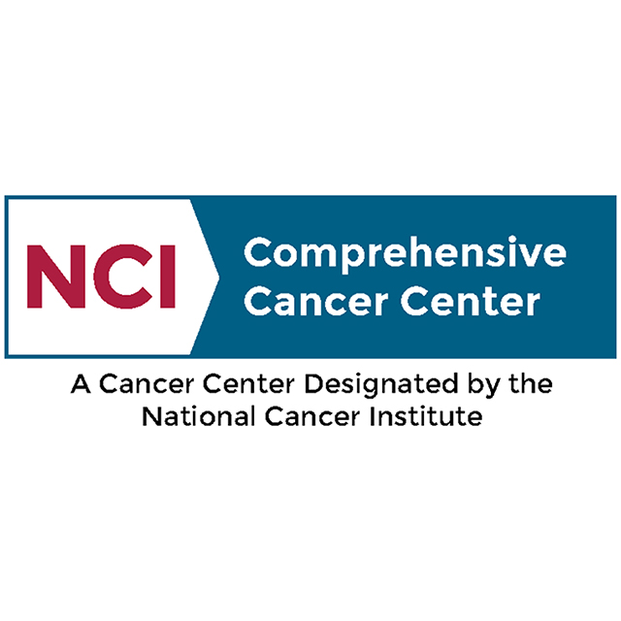
National Cancer Institute
The National Cancer Institute has designated UCSF a comprehensive cancer center, its highest ranking. This designation is awarded to centers that demonstrate scientific excellence and the ability to conduct cancer research across many disciplines.
-
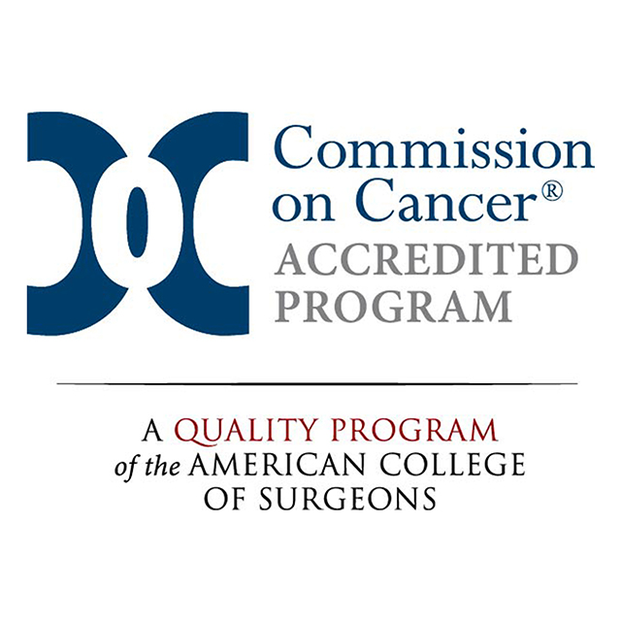
Commission on Cancer
UCSF's cancer programs have been accredited by the American College of Surgeons' Commission on Cancer (CoC) since 1933. The CoC is a consortium of groups dedicated to improving cancer patients' survival and quality of life via research, education and better medical care.
-
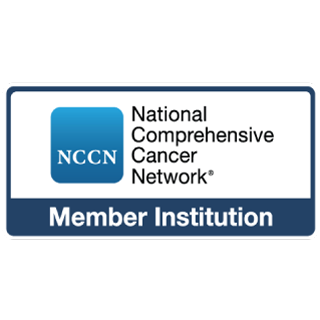
National Comprehensive Cancer Network
UCSF is a member of the National Comprehensive Cancer Network, an alliance of the world’s top cancer centers. The network brings together leaders in treatment and research to improve the quality, effectiveness and efficiency of cancer care.
Support services
Plan your visit
What to Bring
- Photo I.D.
- Health insurance card
- Insurance authorization, if required
- Doctor's referral, if required
- Recent test results related to your condition
- List of your medications, including dosages, plus any you're allergic to
- List of questions you may have
- Device or paper for taking notes
Related clinics
Our research initiatives
-

Athena Breast Health Network
The Athena Breast Health Network, a collaborative organization that includes UCSF, promotes data sharing to help all partners deliver more effective and personalized care to patients with breast cancer.
-

Breast Cancer Trials
BreastCancerTrials.org helps match patients who want to participate in breast cancer research with open studies that are right for them.
-

UCSF Helen Diller Family Comprehensive Cancer Center Research
UCSF is home to a range of research initiatives aimed at improving outcomes for cancer patients everywhere. This includes research on topics such as immunotherapy, BRCA mutations and molecular diagnostic testing.














